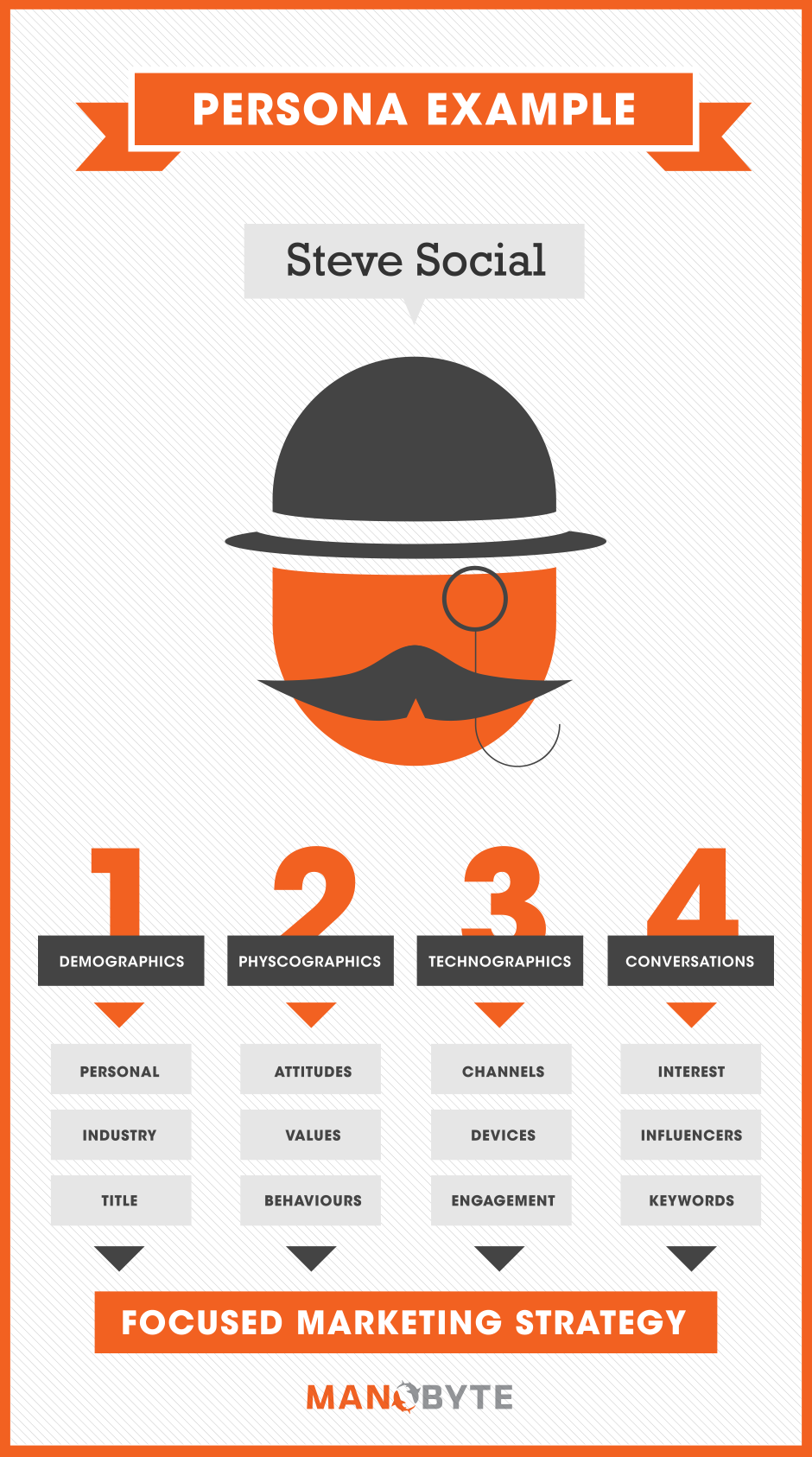Market Research for Sports Teams – Why and How to Do It

As a sports team, you live and die for your fans.
The ones sitting on the bleachers cheering you on, faces painted in your team colors, commenting on every update on your Facebook page and overall sports fanaticism.
What good would competing be without that loyal audience?
Naturally, you want to show your fans that you appreciate them back. It’s the reason you keep them updated via your website and social profiles like Pinterest.
However, how well do you really know your fans? Do you have any idea who they are, what they want and like? Can you communicate with them in a way that makes them feel appreciated and taken seriously?
And how about the many people who are not your fans yet? Do you have any idea of how to get onto their radar?
No? Well, today is your lucky day. In this article we will talk about how you can find out all of this and more. How? With market research.
Doing sports team market research allows you to better understand the people cheering for you and thus connect with them in more meaningful ways.
Sounds good? Nice! Because in the following we will not only talk about other reasons why market research matters but also show you several ways you can get to know and grow your fanbase.
It’ll be a fun ride, so let’s get started!
The Importance of Market Research
Why even do market research as a sports team? Isn’t that just for businesses? Shouldn’t you rather spend your time training instead of researching your fans?
Well, it turns out that there are good reasons for sports team to engage in a little market analysis.
Know Who is Cheering for You
You might see your fans in the stands at the games and see their comments on Facebook, but who are they really?
What do they like? Why do they cheer for you and not others? Where are they from? How old are they? What the hell else do they do all day long?
Knowing this type of information will let you paint a more accurate picture of who is supporting you and what they are like.
This is not just important in an intellectual sense but actually lays the foundation for building a strong and meaningful relationship with your fans.

Create a Real Connection
Fans want to relate with their favorite teams. It’s why they are fans in the first place.
In a sense, sports teams are lucky like that. Businesses are dying to have fans, yet for sports teams they come with the territory.
However, supporters only stay on as long as they can identify with their team. Unlike the love of your pet, fandom is not unconditional.
Think of it like hanging out with your closest friends. Because you know them so well, their personality, needs likes and dislikes, being with them is so much easier and more relaxed than being around strangers.
The same is true for your fans.
When you get to know them better, it will be easier talk to them, address their desires and needs and connect with them in a meaningful way.
And it goes both ways.
If your supporters are understood and taken seriously, they will automatically feel more connected and be happy to wear your jersey and cheer for you.
Grow Your Fanbase
Yet, market research is not just about those who are already your fans but also those who aren’t yet.
Understanding what kind of people your team attracts and where they congregate online and offline makes it much easier to find and actually talk to and engage with others in the same group.
Knowing who is likely to join the ranks of your supporters allows you to create just the right marketing measures to address them.
That way, you can potentially attract more people who are passionate about your sport and team and see a bigger turnout at your games and other events.
A bigger fanbase also means more people who will buy tickets, merchandise and provide other financial support. Plus, with a large following your team also becomes more attractive for sponsors.
Give Back
Finally, knowing your fans makes it easier to give back to them and show your appreciation for having your back.
I mean, you don’t want to take them for granted, do you? Like friendships, fandom needs to be nurtured and nursed.
Getting into the head of your followers allows you to do exactly that. Plus, building a community of fans is totally worth it and will only bring new opportunities for your sports team.
Convinced? Then let’s figure out how market research for sports teams actually works.
5 Ways to Get to Know Your Fanbase Better
Now that you know the benefits of market research for sports teams, it is now time to get to the practical part.
In the following, you will learn a bunch of different ways to find out more about your fans so that you can get to know them better than yourself.
As you will see, on the most basic level market research is nothing more than educated guesses combined with relevant data. So don’t worry, there’s absolutely no need to get overwhelmed.
Develop a Marketing Persona
Coming from the world of business, a marketing persona is the profile of a hypothetical client, customer or – in this case – fan.
Yet, it sounds like a much bigger word than it is.
Maybe a better way to think about it is this: When you buy a present for a friend, what do you do?
Naturally, you would think about that friend’s likes, dislikes and what she does all day. You would consider her work situation, family life and other things that help you understand what would be a good thing to get for her.
Developing a marketing persona is kind of like that, only you’d be thinking about your audience and fanbase.
Breaking them down to individual people helps you understand them on a more personal level. Here’s a short template for that:
- Name – To distinguish your different personas
- Demographics
- Age – Are your fans teenagers, twenty-somethings or people in their middle years?
- Gender – Do you have more fans from the male or female demographic?
- Location – Are they city dwellers or country folk?
- Education – How well educated are they? This also means computer literacy.
- Family – What other roles do they fulfill, like parents, grandparents etc?
- Work
- What kind of company do they work at? How big is it?
- Which industry are they in?
- What’s their job description?
- Interest in your team – Why do they come to your games? Are they relatives of players? Locals? What do they like about your team?
- Hobbies – Besides for cheering for your team, what else do they do in their free time?
- Interests – Blogs they read, where they get their news, magazines and books they would be interested in.

Try to develop three to five of these personas to get a better feel for who your fans are. Don’t worry if you draw a blank for some of these question, this is just to give you ideas and provide you with a foundation to build on.
For more information on building personas, check out this excellent article by Buffer.
Check Your Analytics
If you have a sports team website, there is a good chance you also have an analytics suite installed.
This is not just generally good practice for website owners but can also tell you a lot of information about the people coming to your site (i.e. your fans): gender, age and other basic information.
However, more importantly, you will learn which part of your web presence they are most interested in.
Is it the blog? The about page? The latest highlight reel?
Knowing this tells you a lot about why they are coming to your site and thus how you can give them more of what they already like.
Do they want to learn about your games? More behind-the-scenes material? Player profiles and statistics?
These are important infos for communicating with your fans!
Plus, you can even learn the keywords that bring people to your site! This does not only matter for understanding their intentions better, but also for optimizing your website’s SEO.
In Google Analytics, you will find this information under Acquisition > Overview > All Traffic > Organic Search. The Search Console (formerly known as Google Webmaster Tools) will provide it under Search Traffic > Search Analytics.
Plus, don’t forget: Google is not the only one providing meaningful statistics. Your Twitter profile and Facebook page also come with built-in analytics for even more information about your fans.
Read What They Read
The next step to get to know your audience is looking at their reading material.
How and where they get their news will tell you a lot about what kind of information is relevant to them, what they think about and their perspective on the world (or at least your sport).
In the first step we had you think about your fans’ interests and the publications they might be consuming, like blogs, newsletters, magazines and books.
Not only will going through their favorite stuff give you important insights into your audience, it’s also a great way to find relevant topics for your own website, blog or social media update.
Two birds, one stone.
Look to the Competition
Rumor has it that for a while Burger King would open up shop wherever a new McDonald’s went into business.
While that sounds like a dumb move at first (because who likes to have their competition right next door!?), it was actually pretty smart.
You see, McDonald’s doesn’t just open a new restaurant on a whim. A lot of elaborate and expensive market research goes into determining suitable locations to do so.
Research Burger King apparently didn’t feel like spending money on. Instead, they decided to piggyback on their competitor’s work.
By setting up shop next to new McDonald’s restaurants, Burger King could find profitable locations for their businesses without doing any market research of their own.
Good thinking, right?

Whether that is an urban legend or not, that’s actually a really smart move.
You are clearly not the only one trying to appeal to fans in your niche. Other teams out there are doing the same and might already be successful at it.
That’s also the reason why we often add examples to our blog posts, such as the teams killing it on Instagram.
A thorough look and analysis of your competitor’s web presence is a good way to find out what’s working for them.
What type of content are they posting? Which updates do their fans engage with the most? What kind of questions do they ask? How else do they engage their fanbase?
You will be able to learn a lot just by keeping your eyes open.
Talk to Your Fans Directly
Sometimes the most straightforward way is the best. If you want to know what’s going on with the people cheering for you, why not just ask them?
Seriously, it’s that easy!
Polls, surveys and questionnaires enable you to find out a lot about your fans and how they feel about things and there are a lot of WordPress plugins especially made for this purpose.
You can also do the same on social media, which is also a great way to foster engagement on these networks.
Finally, there’s also the old school way of meeting people in person.
Talk to those coming to your games, have an actual conversation, ask some questions. You will be amazed at what you can learn by just having a quick chat with a fan.
Market Research for Sports Teams is Worth It
Market research might be one of those things nobody wants to do but it’s something that is immensely helpful if done right.
That’s not only true for businesses. Sports teams can also benefit immensely by finding out more about their fans and the people cheering them on.
Knowing your fanbase inside out allows you to engage with them in deeper and more meaningful ways. As a result, it will bring them closer to your team and increase fan loyalty.
In the article above we have given you several ways of gaining insight into how your fans think and what they are interested in.
It takes very little effort to get into their heads and the benefits of doing market research by far outweighs the work involved.
Your fans will surely appreciate your effort and reward you with increased loyalty and support. It’s a win-win situation for everyone; for you and your fans.
While you are here, be sure to check out our free sports club management plugin SportsPress. It has tons of useful features that you’re going to need to make an awesome sports team site. If you are interested or have any questions, we would love to hear from you.
Image credit: Clintus, Mark Irvine, Manobyte
